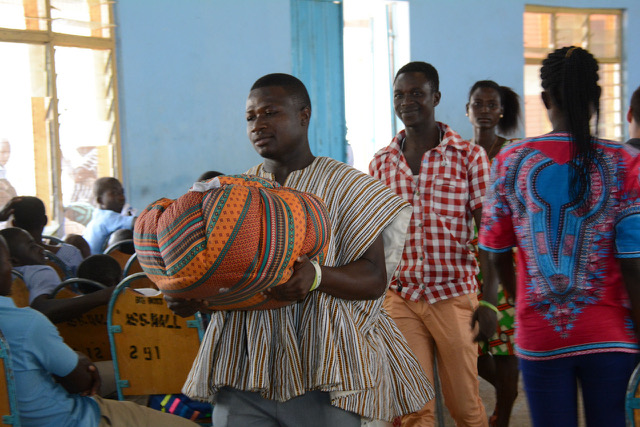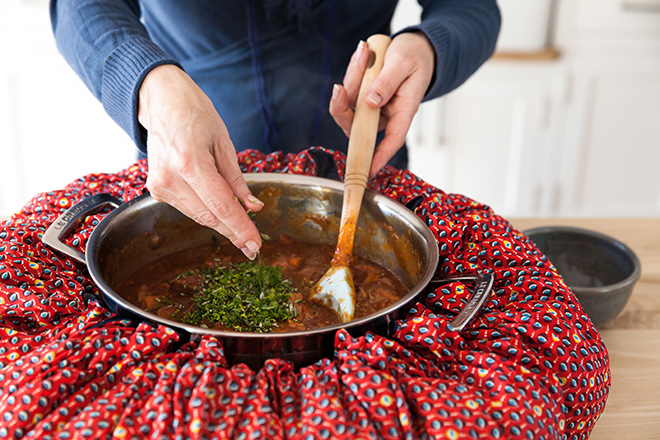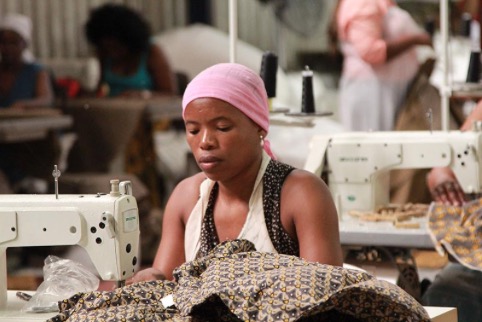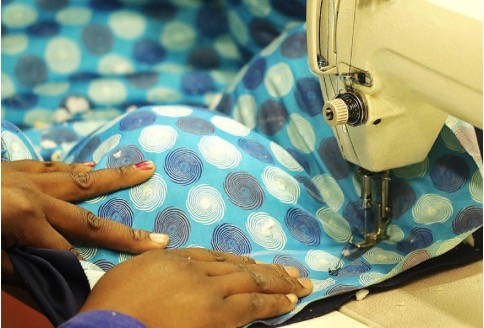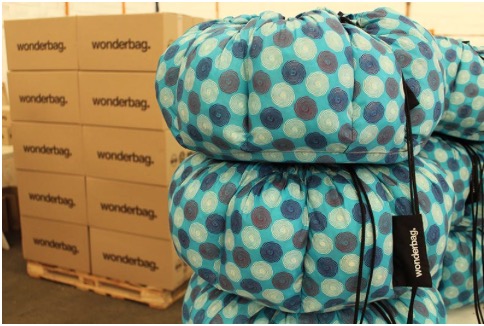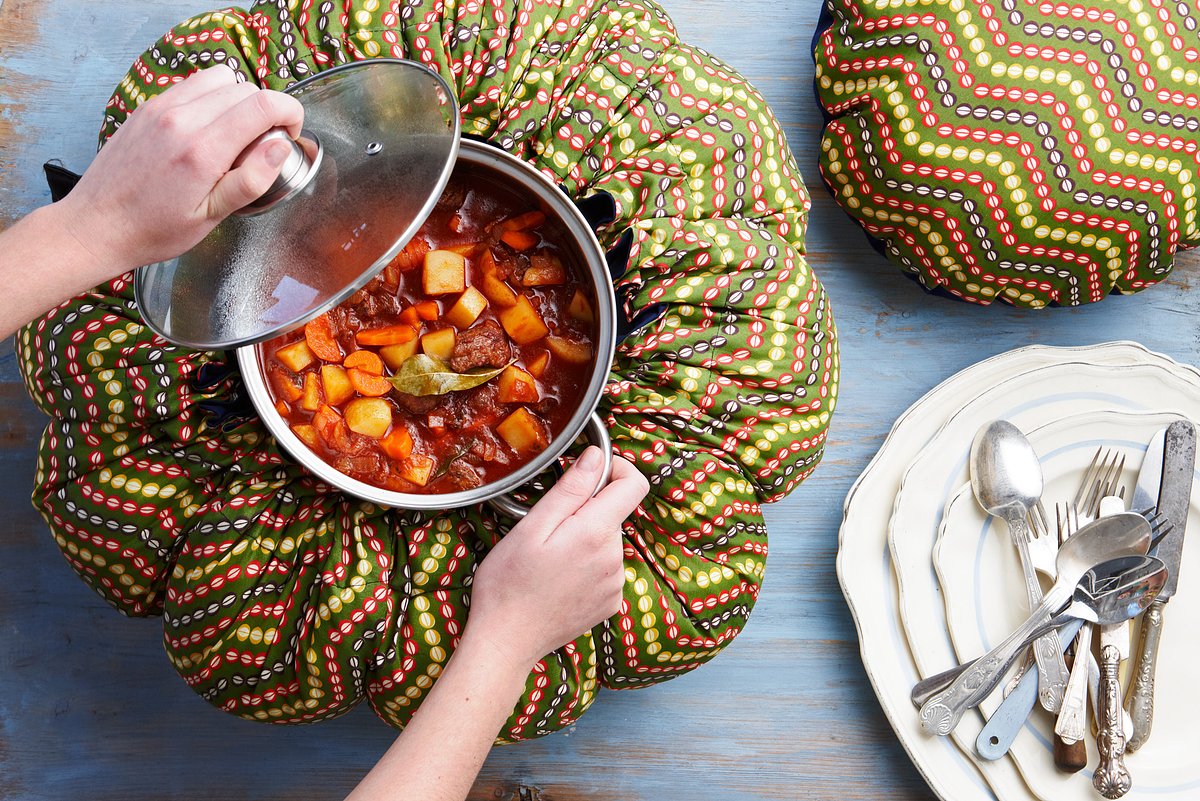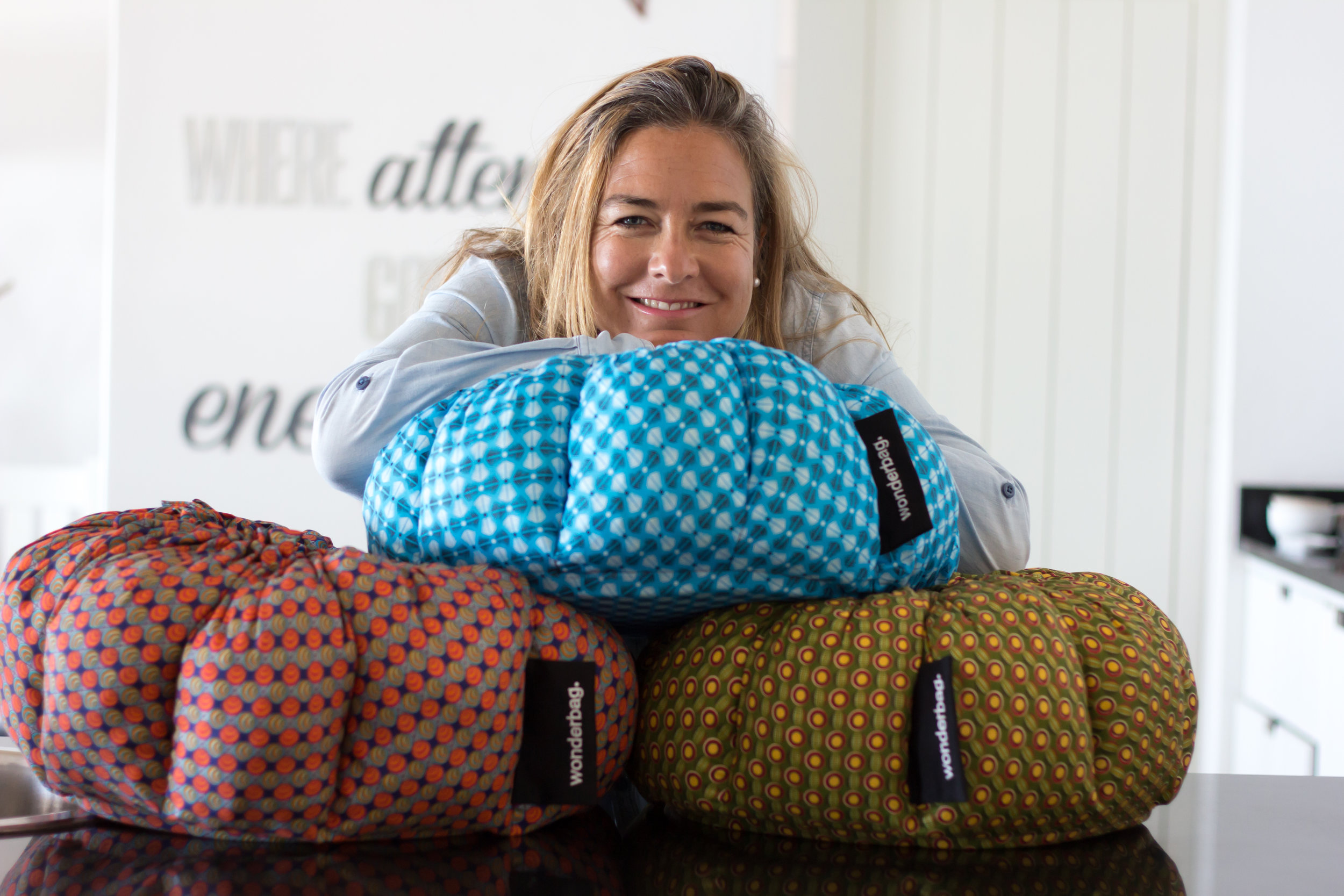At the heart of every great business is a creative solution to a problem—and those solutions sometimes change the world. To assemble TIME’s first annual list of ‘The 50 Most Genius Companies of 2018’, it asked its global network of editors and correspondents to nominate businesses that are inventing the future. Then we evaluated candidates on key factors, including originality, influence, success and ambition. The result: 50 companies that are driving progress now, and bear watching for what they do next. The Wonderbag, created by Sarah Collins, is one of those companies to make the Top 40 list.
Sarah Collins, founder of Wonderbag
Wonderbag is a heavily insulated container that allows you to slow-cook food without using electricity. The bags not only look beautiful but they offer a simple innovation to many lower-income African families. They’re affordable too, at R380 for a standard size Wonderbag. After boiling a pot of food on a stove or fire, it is then put into the Wonderbag, which retains heat for up to 12 hours, so the meal can continue to cook without the use of power, throughout the day.
“People often think technology start-ups only come out of Silicon Valley,” said Wonderbag founder Sarah Collins, in an interview with Time. “But I’m a tech start-up too.”
The Wonderbag features on the Time list among some of the forerunners of tech innovation, including Airbnb, drone company DJI, and Fortnite developers Epic Games.
Most of the bags are manufactured at the Wonderbag factory in Tongaat, KwaZulu-Natal and are exported worldwide. Just 10 years ago, Collins was manufacturing a handful of bags a week. Now there are 1,5 million across the globe. The idea came to Collins a decade ago, while she was working in a community project in KwaZulu-Natal and seeking a solution to assist households which were struggling amid the Eskom power crisis.
“In April 2008 I woke up at 2 am in the morning and remembered my grandmother taking a pot of porridge off the stove and into some cushions to retain the heat ... It all came back to me and I realized this was technology that could change the world,” she said.
Wonderbag has also helped increase the income of over 500,000 women across 20 countries, many of whom sell or make the bag, or use it as part of their catering businesses. This year, the company partnered with the Red Cross to bring Wonderbags to refugee camps in Uganda and Rwanda.
“Food is the one thing that unites the world,” Collins says. “Often we need to look out of the box to look at change.”
Customised Wonderbags were also presented to Prince Harry and Meghan Markle, in the UK, as a wedding gift from the Wonderbag team and the Lesotho royal family.
